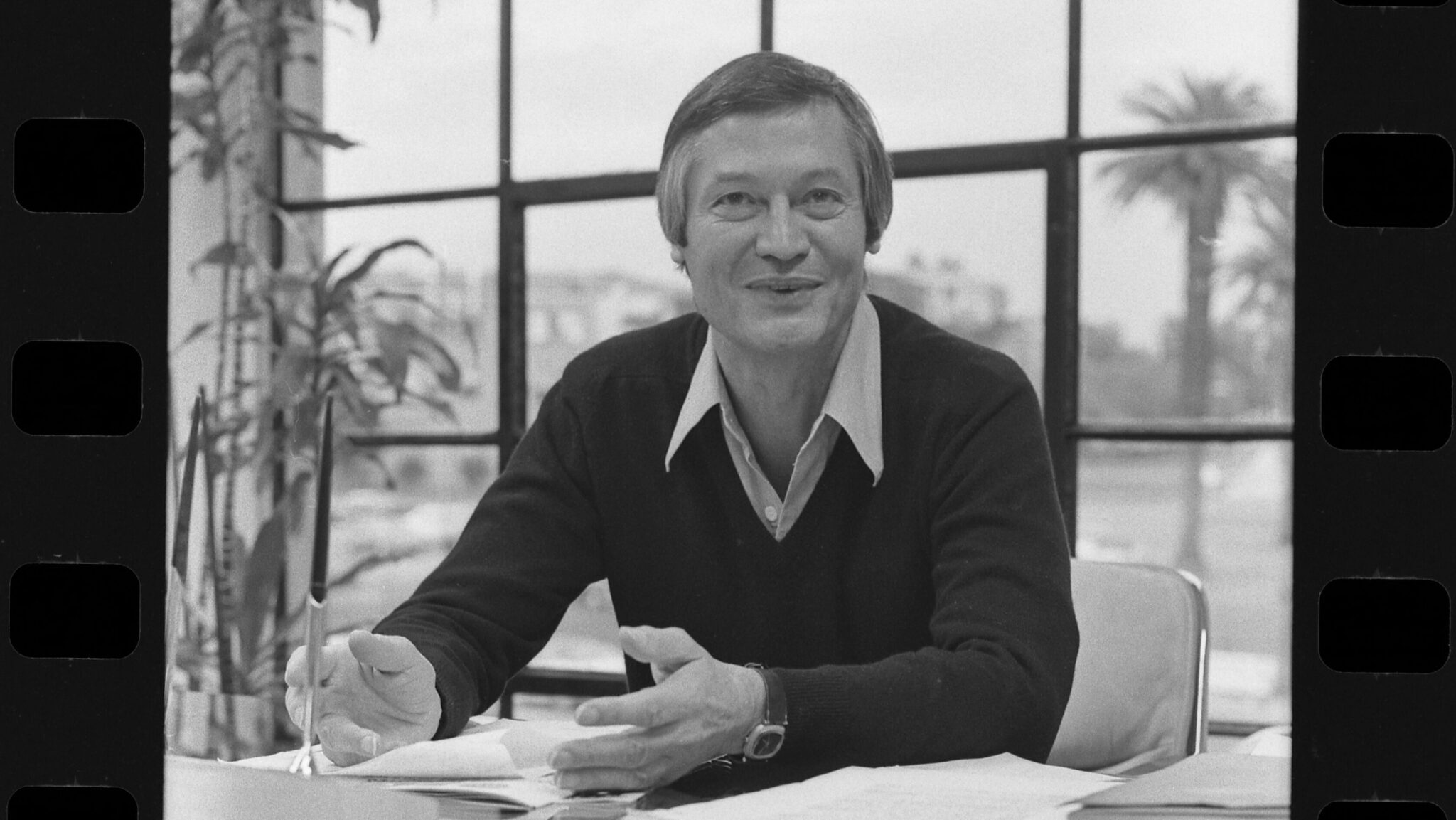Scriptcat’s tips on how to avoid the hell of chasing screenplay notes…
Okay, so you just finished your latest feature screenplay or TV pilot—congratulations! You’ve probably been on a long journey of fear, insecurity, criticism, and possibly rejection, but also experienced creative highs and breakthroughs that you’ve never imagined before. When the writing got rough, you didn’t avoid the work, but marched head on through the trenches and finally communicated your complete vision into the script. During your latest quest to conquer your inner demons, you may have solicited notes from your trusted inner circle—your agent, manager or your screenwriting group of friends. They generously helped with constructive feedback that allowed you to zero in on your latest draft and finish on a high note. You’re now confident and ready to unleash the script upon Hollywood without any reservations.
If you find yourself in this situation, you’re in that rare and special creative place for writers—the precious period when we’re completely satisfied with our work. We’re temporarily immune to the biting sting of criticism, because we’re protected with confidence by the creative high that surges through our souls. We know that we’ve done our best work and we can’t possibly write or create anything better at this moment on our journey. We’re working at the top of our game. It’s a precious feeling. Savor it because it quickly fades.
You now unleash the script upon Hollywood with complete your confidence in the work. Time passes and you receive feedback from a handful of producers or executives—and of course everyone has an opinion for a myriad of reasons. Maybe they dislike your genre? Maybe they already have two projects like yours in development? Maybe their last project that flopped was similar to yours? Their opinions could have nothing to do with the quality or your work, but come from their business considerations.
You certainly had high expectations going out with your latest project. The disappointment of this feedback can feel like they’re rejecting your talent and ability. If you allow it, your skewed perception of failure can open up the darkest places of fear and insecurity in your creative soul. As writers, we must do our best to hold back these insidious thoughts, because they can become feelings, and if we believe our feelings are true, a false reality can sink our efforts.
This latest criticism can send you looking for more validation and can lead you into the hell of chasing screenplay notes. You’ll start to listen to anyone, because you’ve lost confidence in your work, and at this point you have no idea what’s good or bad. Out of insecurity, you give your script to a few other friends to read. You hope they’ll side with you and prove these producer’s notes wrong. The problem is you’re now stumbling through dangerous territory without a protective shield as you open yourself up to even more opinions. You already went though this process early on and crafted what you thought was your best work. How did you waffle and collapse so easily? It’s because you doubt yourself by thinking, “How could I have been so wrong? I was so confident that I was working at the top of my game.”
Time passes. Your friends read your script and you sink deeper into a pit of self-doubt. What if their notes are similar to the others or worse yet, what if their notes are completely different? This opens up a new series of issues and now you don’t even know who to believe or trust. You certainly don’t trust your own opinions.
During this vulnerable period, it can take just one person’s unfavorable of offhanded comment to drown you in an ocean of self-doubt. You must stay strong and be able to consider every note for what it’s worth. Five different people will have five different opinions about your script. Now if they’re all the same notes about the same issues, then you should seriously consider their opinions—but if they’re all different notes, but everyone thought your script was well written, stay on course.
If you waffle and lose your confidence, you’ll make changes based on what one person’s comments… and then another person’s opinion… and change something else because another person didn’t like an aspect of your script… and suddenly you’re dismantling your story and chasing notes. If you’re all over the map with your vision—both you and your project will suffer.
I’m not telling you to completely shut out feedback on your script, but once you’re confident in your work and satisfied with your execution of it, close the door on any new notes. This is when you need to put notes into two categories: Constructive notes that help you to effectively tell your story… or more personal notes from those who tell you how “they would have done it differently if they wrote it.” If you want to stay true to your vision, stay on target and filter every note with a bigger perspective.
I have a project out in the marketplace and I’m completely confident with the script. I will only make changes when a producer or company options or buys it. My mandate does not come from arrogance, but my confidence and satisfaction in my execution of my script. This spec took me through nine drafts over an eight-month period to finally get it to a place where I’m confident that it represents the best of my writing. My manager has shown confidence by never suggesting that I make any changes based on any specific feedback. That would be chasing notes. In fact, I’ve been blessed that the feedback so far has been extremely positive and every producer has really responded to my writing. The script continues to highlight my ability and talents as a screenwriter. That’s hard enough to achieve when you’re sending around a spec script in Hollywood.
You’ll always receive notes on your screenwriting journey, because the script is an ever-changing blueprint for a movie. Once producers, a director and actors get involved there will be more changes and you should welcome the creative input from your co-creators on the project. These fellow artisans will bring it to an entirely new level of creativity.
Always be open to the entire process of writing — the notes, rewrites and all. Practice patience. A career does not happen overnight and part of your journey is becoming a better writer and finding your unique voice—one that producers will grow to love, trust and hopefully hire you to write a screenplay.
You’re lucky when you are completely satisfied with a draft. If you’re confident that it’s the best of your ability at this given time, do not chase notes. There’s a deep satisfaction and confidence that comes from knowing that as far as you’re concerned, you’re finished with your project. Any new changes will require a producer or executive to come on board and buy it. Trust me, there will be plenty of notes to come when it goes into development and you will gladly execute these notes because you’re under contract and getting paid. You only have one chance to make a first great impression with your screenplay, so keep writing and keep the faith, and never chase notes.
Mark Sanderson (aka @scriptcat) is a screenwriter and consultant whose eleven screenplay assignments have garnered a half-dozen produced films on SyFy, Lifetime, LMN, Here!TV, Fox Family, and NBC/Universal. His films have also been recognized at major festivals and distributed globally. Mark’s long association with Hollywood veterans dates back to his first produced screenplay and has since worked with Producers Guild of America nominees, veteran genre directors, and Academy Award, Emmy and Golden Globe acting nominees.
Mark is busy shopping two TV pilots, moving into pre-production for his new indy Sci-fi comedy Area 54, and just finished his first book A Screenwriter’s Journey to Success. He offers workshops, webinars, and screenplay consultation services at his website FIVE O’CLOCK BLUE ENTERTAINMENT and screenwriting advice on his popular blog MY BLANK PAGE (Script Magazine’s pick for website of the week).
Tags
Get Our Screenwriting Newsletter!
Get weekly writing inspiration delivered to your inbox - including industry news, popular articles, and more!



























